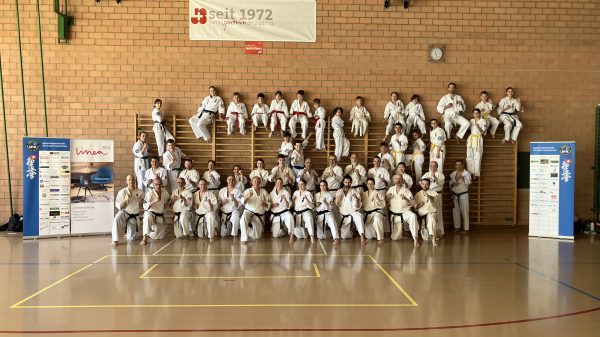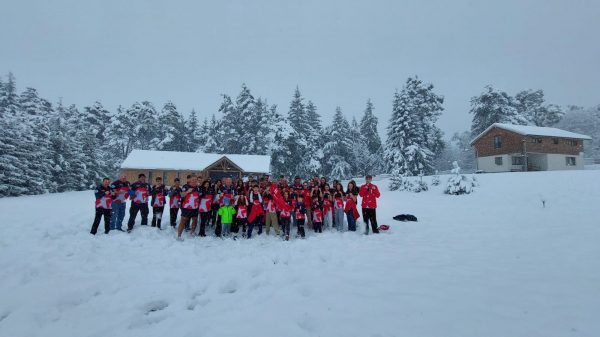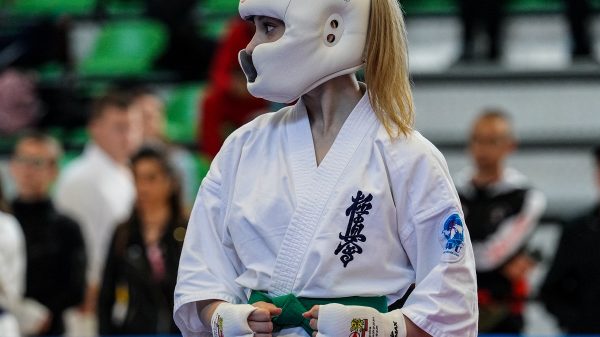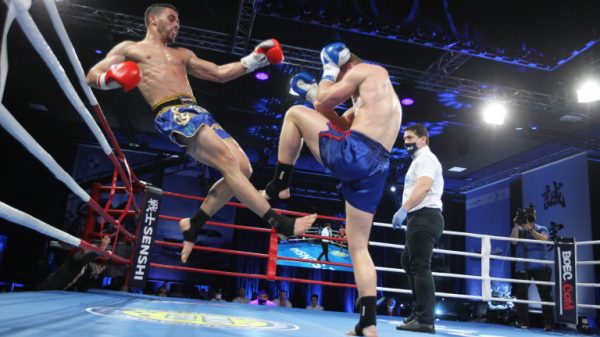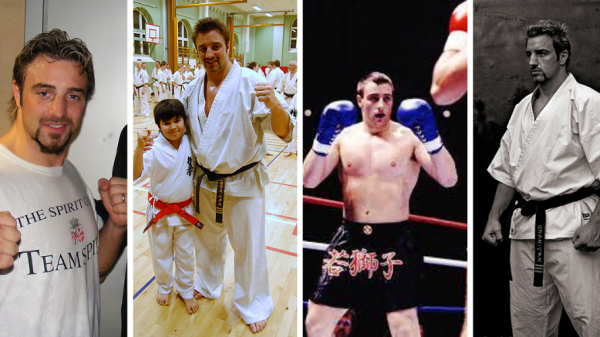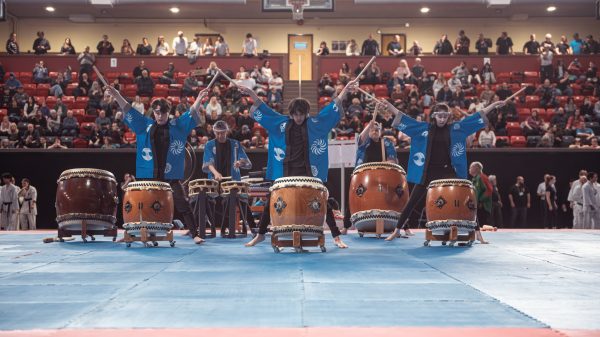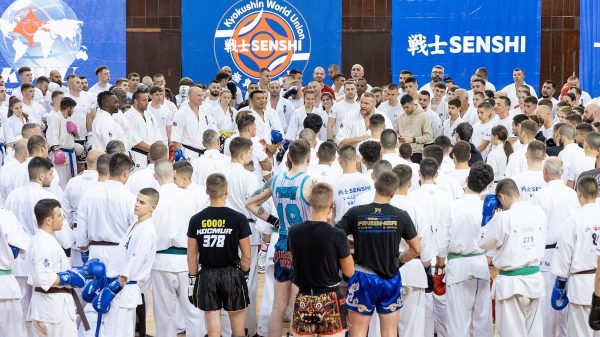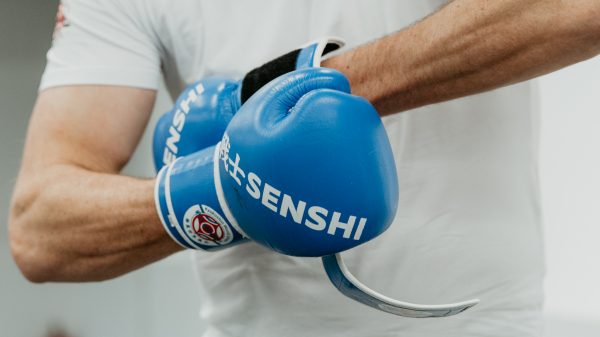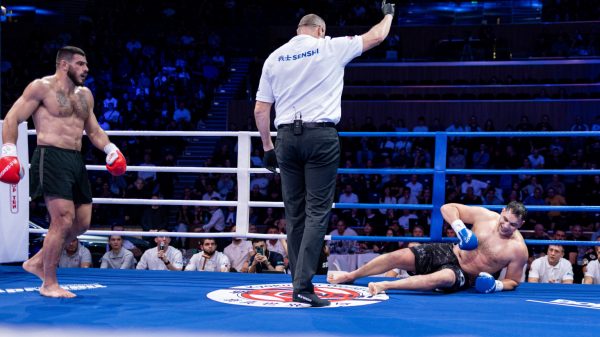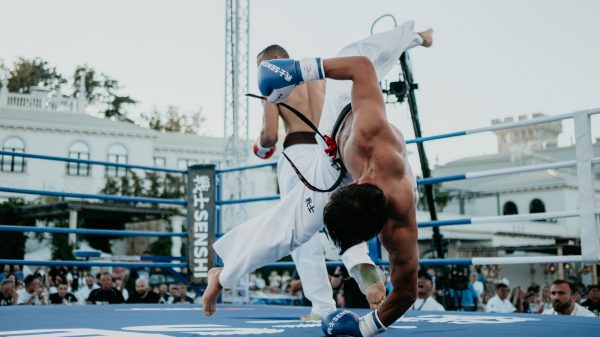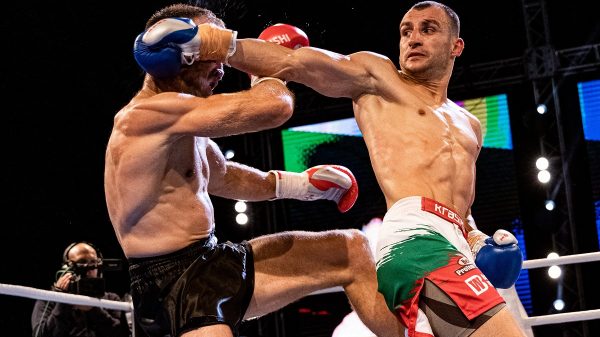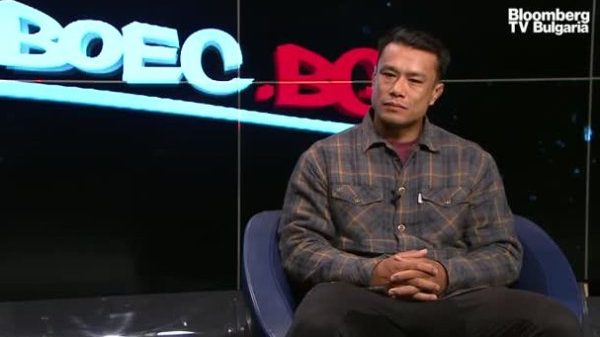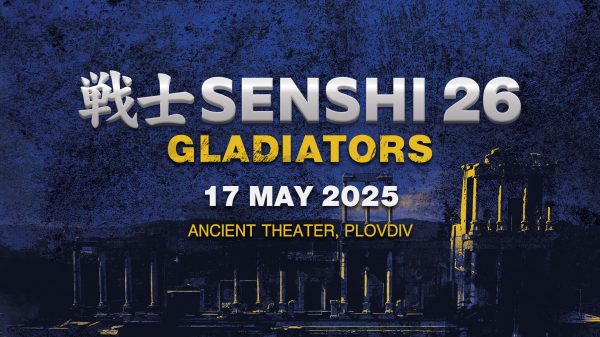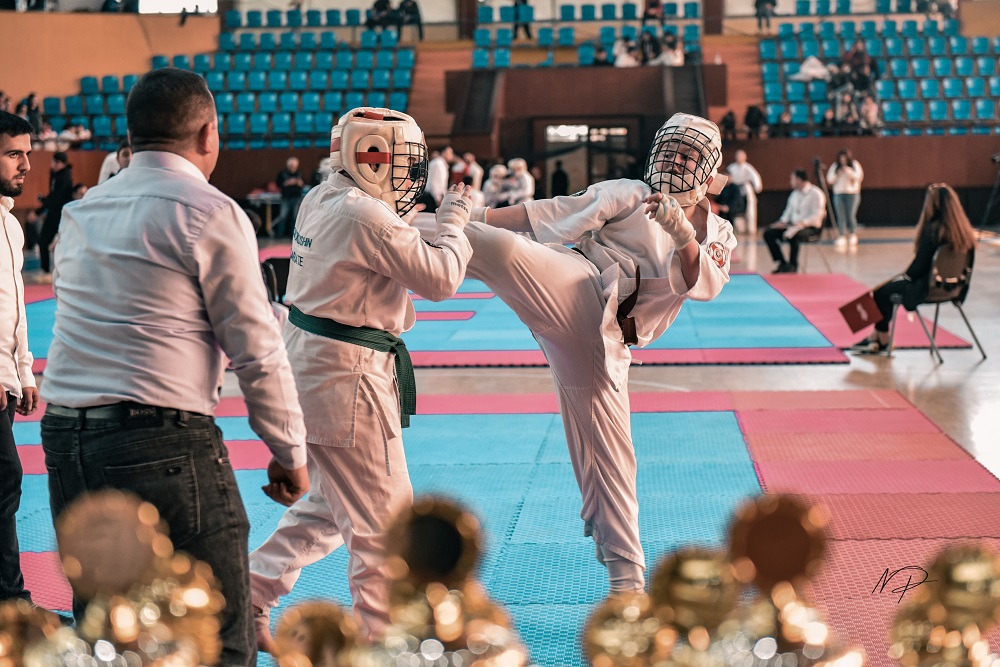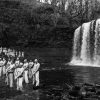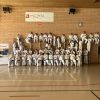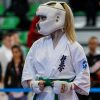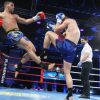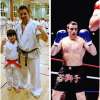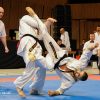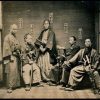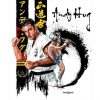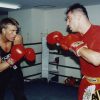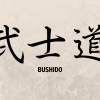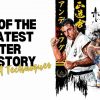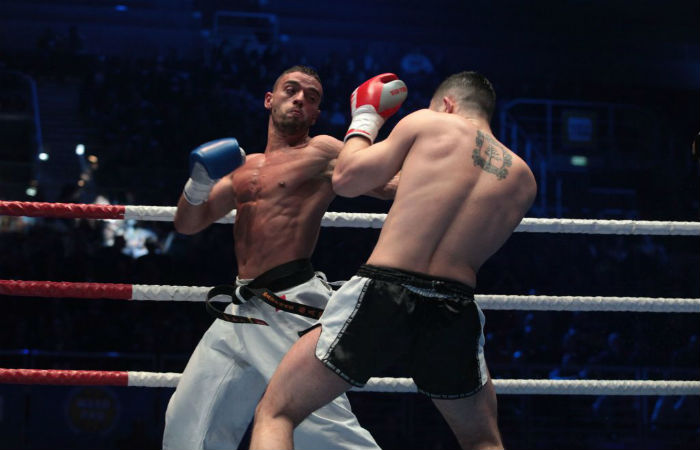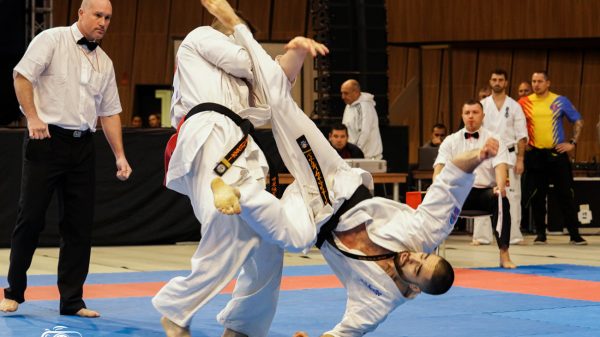BY MARCUS DAY
Kids these days are soft. We’ve heard it a million times, usually right before we’re hit with a “back in my day” monologue by some aging martial arts instructor in an ill-fitting gi. I like to call these guys “grandpas.” They never miss an opportunity to wax poetic about the past, when karate was tough, your sensei was semi-magical, and only the strong survived the training. They hate the current times and deride what they see as a preference for flash over substance.
But despite what our elders say, I don’t think the new generation is weak. On the contrary, I think they can handle much more than we give them credit for. They are innovative, open-minded to change, and optimistic beyond reason. Often our elders hold to dogmatic traditions without asking if those traditions still apply or, more importantly, who those traditions leave behind. But if the martial arts have lost their edge, then Grandpa Syndrome is to blame.
When I was young, my instructor often pulled me to the side and had me work on things separately from the rest of the class. This special attention had nothing to do with natural ability. I had none. My lack of talent is precisely why he zeroed in on me. He didn’t berate or belittle me. He didn’t beat me (at least not out of anger) or yell. In fact, I can’t remember a single time when he raised his voice. He toughened me up by setting challenges for me to overcome. Every task seemed impossible – at least to me: a shy weakling who fought back tears anytime I caught a sidekick to the ribs. But my sensei never showed any doubt. So for him, and later for me, I persevered. I probably wouldn’t have lasted a year if I had started under a grandpa.
This recalls an old saying: “You have to break them down to build them back up.” In some cases, this is true. I have had students who were so obstinate and rebellious that you could never give them an inch. They needed to learn respect and discipline. But this philosophy fails students who start with low confidence. They walk through the door already broken down. These students need a gentle hand. They need encouragement. The best instructors notice this straight away. And there are few things more heartening than when a formerly less-than-confident student begins to shine.
None of this is to say we should reject all of the training and attitudes of the past. The spirit of the old way still fuels the best parts of martial arts practice. The issue here is what traditions should be folded into the new. Should we forget about learning terminology? Are makiwara still necessary? The answer is we should keep whatever works without leaving lasting damage.
Set challenges for your students. Don’t batter them with dogma; inspire them with knowledge. Most importantly, show them that hard work will see them through no matter how low they start. Don’t be a grandpa, be a mentor.
www.blackbeltmag.com


